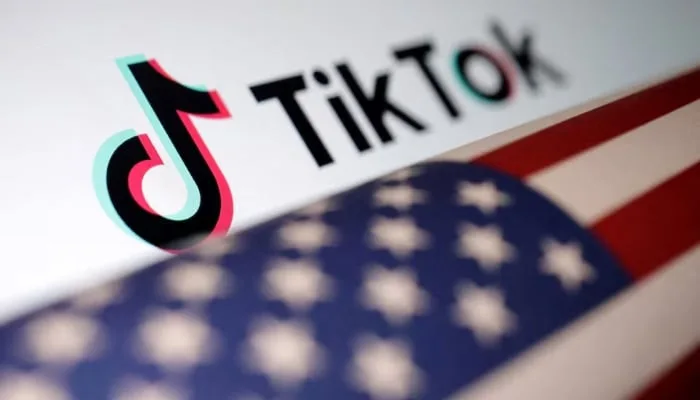In preparation for the 2024 U.S. Presidential election and other significant global elections, Alphabet’s Google has revealed plans to limit the types of election-related queries that its chatbot Bard and search generative experience can respond to. The restrictions are anticipated to be in effect by early 2024, reflecting Google’s commitment to addressing potential concerns related to misinformation and manipulation in the electoral context.
While the focus is on the U.S. election, Google acknowledges the importance of upcoming groundbreaking elections in countries such as India and South Africa. The tech giant has expressed its dedication to working with an increased focus on understanding the role of artificial intelligence (AI) in serving voters and campaigns during these critical electoral periods.
This move by Google follows a similar initiative by Meta, the parent company of Facebook, which announced in November that it would restrict political campaigns and advertisers in regulated industries from utilizing its new generative AI advertising products. Meta also introduced transparency measures, requiring advertisers to disclose the use of AI or other digital methods in altering or creating political, social, or election-related advertisements on Facebook and Instagram.
Conversely, Elon Musk’s social media platform, X, which is currently under investigation by the European Union, revealed in August that it would permit political advertising from U.S. candidates and political parties. This marks a significant shift, as political ads were globally banned on X since 2019. The platform is also planning to expand its safety and elections team in preparation for the upcoming U.S. election.
The increased scrutiny and regulation of AI by governments worldwide are responses to the potential threats it poses, particularly in the dissemination of misinformation. The European Union is set to introduce new rules requiring Big Tech firms to clearly label political advertising on their platforms, disclose the funding source, and specify the targeted elections. These measures aim to enhance transparency and accountability in the digital political landscape.



